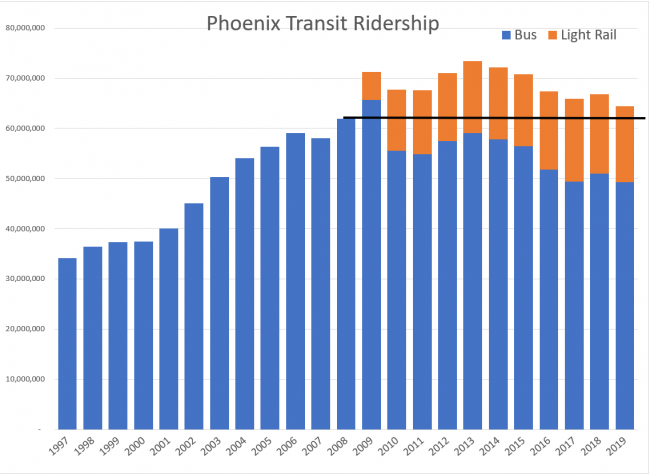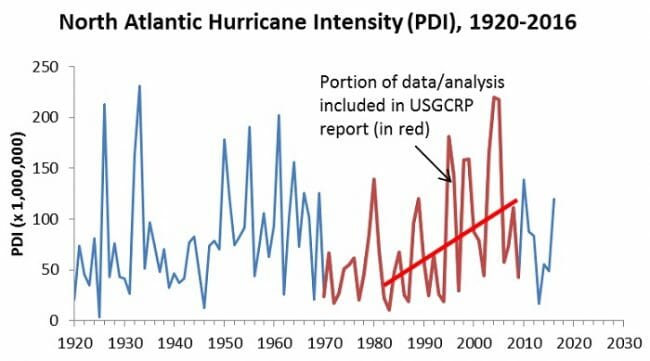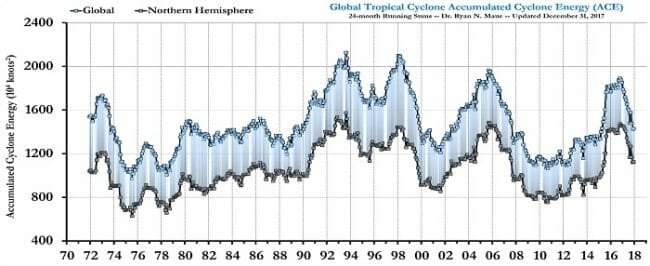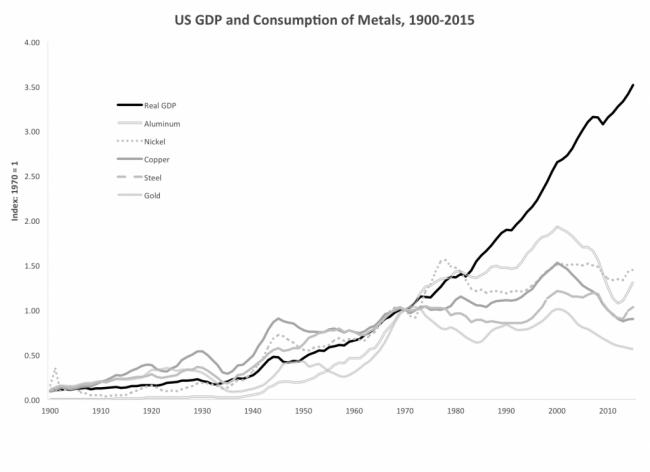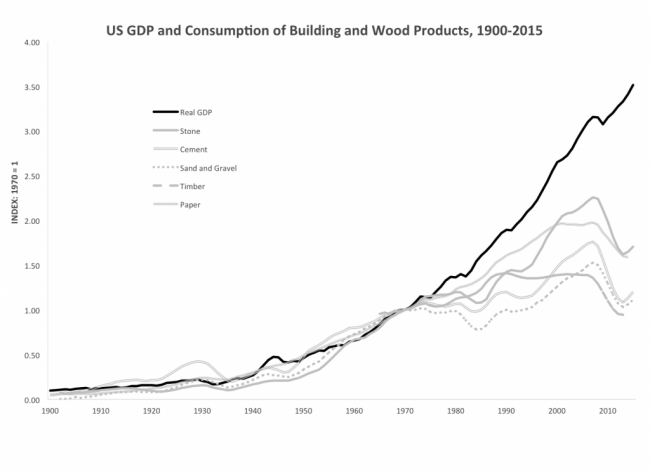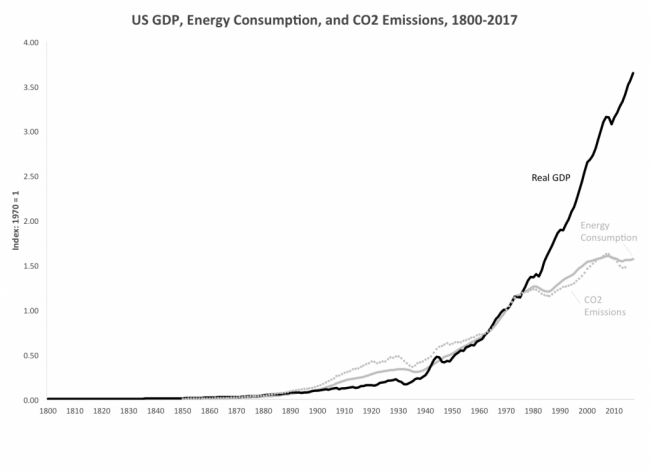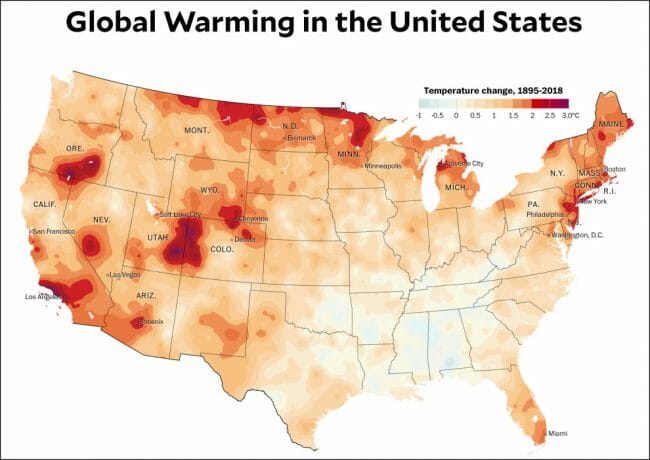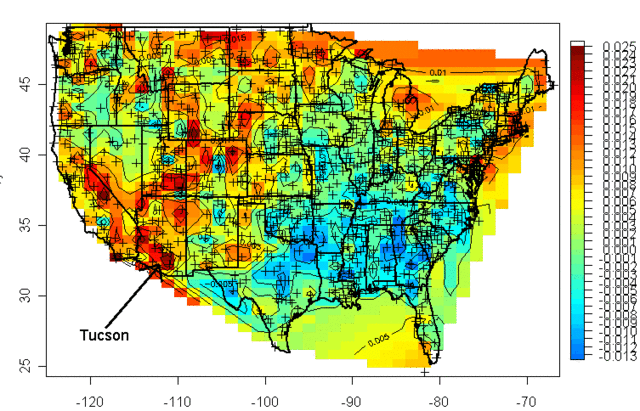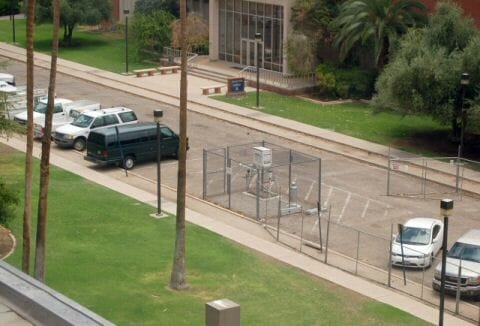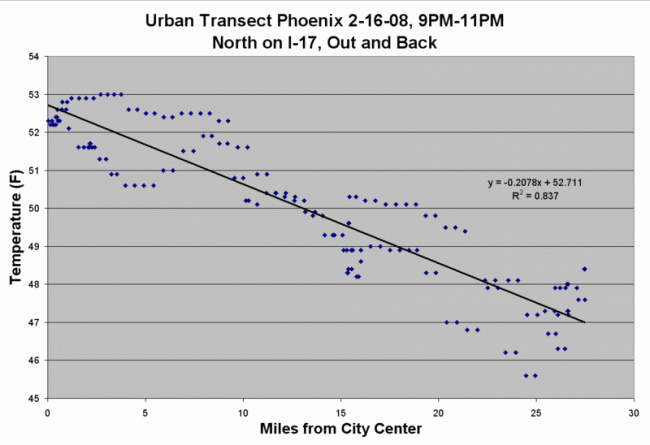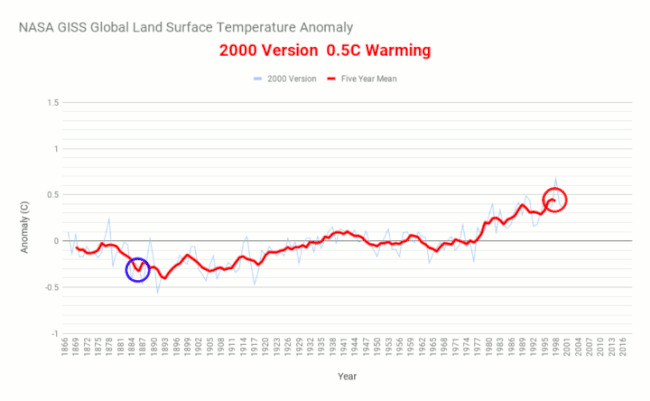Why Single Payer In the US Will Not Necessarily Lower Costs
A few days ago I wrote a multi-part tweet on the topic of whether single-payer in US health care would necessarily lower costs. Twitter is a frustrating medium not only because of the short length but also because many critics just read the first tweet in the string (with the summarized hypothesis to be discussed) and comment without reading the rest. That is probably why I got many comments like "but European single-payers get better pricing" as if I did not spend a number of tweets on exactly this topic. So I will go back to my old medium of blogging to deal with this complex topic.
As a thought-starter, let's think about another industry where the US government is the single-payer in a complex industry that is a substantial part of GDP: Defense. The US government has always been the single payer in the defense industry and I think it isunlikely most of use think the US government gets particularly good pricing in that industry. I have seen that a number of folks have instinctively rejected this analogy, without giving any specifics about why they do so, but I want to observe here that in fact Defense may have better price dynamics than single payer for pharmaceuticals, as at least in defense there are multiple sellers to play off against each other. I am not going to insist on this analogy, and will provide another analogy later that I think is perhaps more apt, but I would challenge the reader to name a field where the US government is a single payer -- not a large payer in a larger market but the single only payer -- and gets better pricing than might be had in a free market.
A single-payer system eliminates market pricing and all the enormously valuable information that those prices contain. In a real market, prices are set based on the knowledge and preferences and expertise of millions of people. In single-payer, you lose access to all that.
For this post I am going to focus mainly on pharmaceutical prices in large part because, from observing the Twitter comments, that is what most folks seem to think about first as an area for cost reduction under single-payer. I will return at the end to a discussion of other health care costs under single-payer. I am also going to entirely avoid discussion of the many supply-side restrictions in the US healthcare system -- from pharmaceutical approval to physician licensing to hospital certificates of need. I want to look primarily at the supposed beneficial (in some peoples' minds "huge") price reductions that might flow from single payer negotiating leverage.
Before I do that I want to discuss the misuse (IMO) of the term "economies of scale" in this discussion. In my mind "economies of scale" refers to a real reduction in unit costs from an increasing volume. In most cases, this is not what we are talking about with single payer. There is nothing from single payer, to my understanding, that actually reduces the development, production, and distribution costs of pharmaceuticals. I know folks like to point to the elimination of private insurance companies as a cost saving, but I find that hard to believe. Most of the functions of the private insurance company would have to remain and profit margins in health insurance are tiny, on the order of low single digit percentages of premiums. Eliminating these profit margins could theoretically save a few percent on costs, but only if one assumes that the government is just as efficient on claims processing and management. One might get rid of some marketing costs, but the government has found under PPACA that communication and education costs, essentially not much different from marketing, have been pretty substantial.
The main potential advantage of single payer for pharmaceuticals is not one of economy of scale but of negotiating leverage. With negotiating leverage, larger buyers can try to extract discounts vs. what other smaller buyers pay. Certain countries like Canada have certainly been able to do this with pharmaceuticals purchased by their state health care systems.
For all those who want to point this out to me as if I don't know it, I freely stipulate that it is true. To understand what is going on, let's take a step back. Pharmaceutical prices will theoretically include three portions:
- Variable cost of actually manufacturing and distributing the pharmaceutical. For many drugs, even expensive ones, this can be relatively low
- Fixed cost of developing the pharmaceutical and getting it through testing and approval. This fixed cost also will contain a share of the costs of failed drug development efforts, just like one producing oil well has to cover the cost of the 10 dry holes drilled before oil was struck. These fixed costs can be very very high
- For drugs still covered by their patents, a profit from having a monopoly position, which we allow to incentivize new drug and medical procedure development
Most US pharmaceutical makers treat the US as the main market for recovering 2 and 3. They are willing to treat foreign markets and incremental, and price their drugs (either directly or via the licensing fees they charge) closer to marginal cost without full cost recovery. This is in part because many other countries negotiate, and the US mostly does not -- Medicare has restrictions on pharmaceutical price negotiation and drug companies have limited negotiating leverage. If you wonder why the latter is so, it is because insurance companies are required by law that they must buy a lot of these pharmaceuticals. One's negotiating leverage against a single monopoly seller is extremely restricted if one cannot walk away and the seller knows it.
I have for years supported laws allowing drug re-importation from other countries. I see no reason why US consumers should tolerate essentially subsidizing drug development for the rest of the world. By the way, if you don't accept my cross-subsidy picture, watch what happens in the rest of the world if the US were to adopt drug re-importation laws. My guess is that the other countries would ban their export, because they know such policies would serve to reduce the cross subsidy, lowering US prices but raising prices in their countries.
To understand my concerns over cost control in US single payer, let's think about negotiation at Walmart. It is well known that Walmart uses its huge market size to get large discounts from suppliers. In part, these discounts could be related to true economies of scale (ie if you are a niche seller and not yet in Walmart, getting into Walmart could drive huge new volumes for your product). But for companies like Coke, Walmart's main leverage is the threat to walk away, or at least to give less shelf space, to your product.
But forget the leverage and negotiating strategy for a second, how does the negotiation actually go? As I imagine it, Walmart does some research and finds the lowest price they can find Coke selling to anyone else is X. They will then turn to Coke and say we want 10% off X. The key point is that the negotiation begins in reference to an existing market price. I will bet that's how you negotiate for a car, or for anything else.
But they key question is: "What happens when there is no market price." I am the last one to say that US health care markets, with all their various inefficiencies and interventions, is anything like a free market, but there is still some sort of market there. I would argue that if the US goes single payer, that will essentially end the only market for drugs and other health care services in the world. How do you negotiate if there is no market price to start from? What does negotiating leverage even mean in that situation (again, consider the Defense example above)?
I suppose for some years negotiation for pharmaceuticals under single payer will be in reference to the old, pre-single-payer price. But that reference can only be meaningful for so long. And how does one use negotiating leverage for an entirely new product?
Let's say a new drug comes along that's a better treatment for gout. There is no market price or price history. No one has ever bought it or sold it. What does your negotiating leverage even mean? There is no market price, so how can you get a discount? You could say that you want a discount off list, but the inventor could just name the list price arbitrarily high. You could ask to see their cost accounting but anyone who has ever made the mistake of taking net profit points in a movie can tell you that cost accounting can be gamed endlessly.
This is basically the situation in government defense procurement. They can theoretically use their negotiating leverage to get a better price for hammers or sidearms, because a market price exists for those set by many other individual buyers. But how does it use its negotiating leverage for a Patriot missile?
And remember, the only way that negotiating leverage has any power is if one is willing to walk away from the table. At some point, the single payer has to be willing to say, "F it, if that is your best price for Humira, we aren't buying any (and thus no American can have any)." Does the government really have the ability / cojones to do this and make it stick? After all, one reason why insurance companies overpay for a lot of medical procedures is that they HAVE to pay for it, by law. They cannot walk away from the table. Imagine negotiating for a car if next time the dealer you are buying from knows you have to leave the store that day with a car. You are not going to get a very good price.
The situation is slightly different in other health care payments, such as to providers. But this is only true because there are multiple providers and provider groups in a given area. And here the negotiating leverage is still the same, the threat to walk away. And in fact we have seen this, with low cost PPACA plans offering very limited networks -- essentially they have walked away from higher cost suppliers. Note that this really pisses off consumers, and is one of the reasons they say they hate insurance companies, so its not clear if there would be the political will for the government to do the same thing as single payer. Also note that providers and banding together into larger and larger provider groups -- essentially in this great game of monopsony and negotiation they want to grow to be too large and comprehensive to walk away from.
The likely outcome is to turn pharmaceuticals and other medical suppliers into regulated utilities. In electricity, the government essentially acts not quite as single payer but in a very parallel role as single price negotiator. They negotiate the prices to be paid for all consumers in their state or region. They are negotiating as the single buyer with a company that is a monopoly provider. This situation faces all the issues we discussed above, basically a negotiation without any market price reference. So most governments regulating utilities choose an approach where the utility opens its books and sets prices so that the utility gets a minimum return on capital but not any "excess" profits. In theory, they try to get the lowest price they can that still ensures that private capital will still have an incentive to flow into the company.
There are a number of problems with this approach vis a vis pharmaceuticals and other health care purchases
- Its not at all clear it achieves a lower price than in a freer market. Certainly non-regulated cogen companies in California have made a lot of money selling electricity below the regulated rates
- There is little incentive for innovation. Regulated utilities make the most money when they do nothing new or risky. This may be OK in electrical generation, but it is not great for drug development.
- There is a lot of potential for cronyism. Even in electrical rates, certain politically favored groups get lower rates subsidized by less influential groups. Military procurement often leads to bad decisions driven more by lobbying than reason. In health care, changes in reimbursement rates in Medicare are already subject to immense political gamesmanship -- for example, the famous annual Congressional "doc fix" battles.
Of course the government could just fix prices by law at some low level, or even seize all pharmaceutical patents and offer drugs close to marginal cost (which tends to be low). This might work great if you are perfectly happy with the medical treatments available today and want nothing new. But if innovation is a concern of yours at all, this would obviously kill it (not to mention drive a lot of providers out of the business, reducing demand and increasing wait times to those of .. all the other single payer countries).
While the choice not cut off future benefits just to get current stuff cheaper may seem a no brainer to many of you, I would argue that many Progressives, whether from risk aversion or a lack of ability to perceive opportunity costs, might well take this deal. Its a sort of Directive 10-289 solution and a preference I discussed way back in 2004 (yes, I was blogging at this same site then).
Ironically, though progressives want to posture as being "dynamic", the fact is that capitalism is in fact too dynamic for them. Industries rise and fall, jobs are won and lost, recessions give way to booms. Progressives want comfort and certainty. They want to lock things down the way they are. They want to know that such and such job will be there tomorrow and next decade, and will always pay at least X amount. That is why, in the end, progressives are all statists, because only a government with totalitarian powers can bring the order and certainty and control of individual decision-making that they crave.
Progressive elements in this country have always tried to freeze commerce, to lock this country's economy down in its then-current patterns. Progressives in the late 19th century were terrified the American economy was shifting from agriculture to industry. They wanted to stop this, to cement in place patterns where 80-90% of Americans worked on farms. I, for one, am glad they failed, since for all of the soft glow we have in this country around our description of the family farmer, farming was and can still be a brutal, dawn to dusk endeavor that never really rewards the work people put into it.
This story of progressives trying to stop history has continued to repeat itself through the generations. In the seventies and eighties, progressives tried to maintain the traditional dominance of heavy industry like steel and automotive, and to prevent the shift of these industries overseas in favor of more service-oriented industries. Just like the passing of agriculture to industry a century ago inflamed progressives, so too does the current passing of heavy industry to services.
I understand the large numbers of people are concerned about the potentially bankrupting effects of a major medical condition. The problem is that people keeps suggesting solutions that don't actually solve the problem, or make things worse. I have suggested an intervention here that preserves much of the health care market while protecting folks in the case of major medical conditions.
